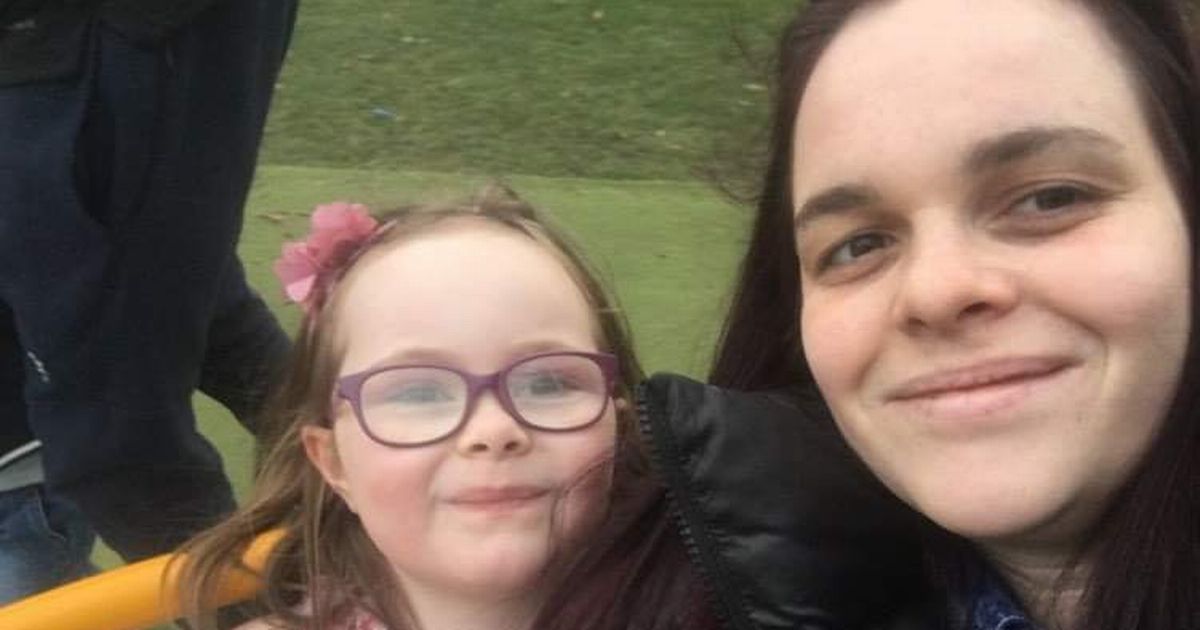One part of Greater Manchester has the third highest number of measles cases of in England, and the highest in the north – and one family there knows the devastation it can cause all-too-well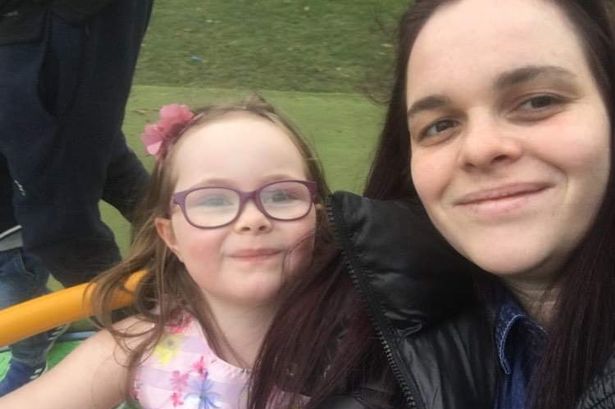 Rebecca Archer with her daughter, Renae(Image: NHS Greater Manchester)
Rebecca Archer with her daughter, Renae(Image: NHS Greater Manchester)
Measles has been vaccinated against so effectively, for more than 50 years, that some of the country’s most experienced consultants say they have only ever seen a handful of cases.
It’s common knowledge that measles is one of the most contagious illnesses on Earth, and can kill.
But, as schools kick out and the summer holidays start, one part of Greater Manchester is lighting up with warnings as a hotspot for the deadly disease.
Tragic proof of its severity is not hard to find. Just last month, a child who was ill with measles and other health conditions died at Alder Hey Children’s Hospital in Liverpool.
For the best ideas on days out, shopping and parenting issues, get the Manchester Family newsletter here
Salford now has the third-highest number of measles cases in England, with 35 confirmed by lab scientists. That’s a rise of eight in the last month.
And Salford is not alone, there have been 674 cases across the country since January 1, the majority in children under the age of 10, according to the UK Health Security Agency (UKHSA).
Just five years ago, the UK was deemed by the World Health Organisation (WHO) to have eradicated measles.
Yet, amid a global rise in the illness, those same WHO officials warn that ‘measles is back, and it’s a wake-up call’. So, how did we get here?
‘We thought we’d got rid of it, but yet we’re having this conversation’
A drop in the number of children receiving their childhood vaccines came in the wake of Covid-19, which brought missed routine jabs as people were less likely to get to appointments, or catch up with them once the moment had passed.
Many doctors have referenced ‘vaccine fatigue’ brought on by the introduction of the coronavirus vaccine and its boosters as musts for keeping out of isolation and lockdown.
The pandemic also brought a sinister swathe of vaccine conspiracy theories that put lives at risk. Since then, vaccine hesitancy has leaked beyond coronavirus and had an impact on the uptake of other protective jabs.
It has often been cited as a major reason why the uptake of the measles, mumps and rubella vaccine (MMR) has been falling.
One paediatric consultant, the president of the Royal College of Paediatrics and Child Health, says ‘there are parents who are anxious about vaccinating their children – but that’s only one small part of the answer’.
“The impact of the MMR vaccine has been profound. It’s a game changer. The vaccine was thought to have knocked measles on its head, but we’re having this conversation,” Professor Steven Taylor told the Manchester Evening News.
“Sometimes the vaccines aren’t available, or they are but at a hugely inconvenient time. It might be that parents have to travel at a hugely inconvenient time at a cost that the poorest families just can’t afford.
“There are logistical barriers if the local surgery is only open a few hours one or two days a week.
“People might not know whether their child has been vaccinated. We’re good at taking a lot of data, but not very good at sharing it.
“Sometimes it’s down to resources and cost. People living on a financial knife edge might be facing a question of ‘do I go on a bus to get vaccinated or do I get a proper tea?
“There are difficult decisions being made.”
‘I thought she’d recovered as a baby, but measles killed my child a decade later’
Some Salford families already know all-too-well the consequences of fewer children being vaccinated against measles.
Rebecca Archer’s daughter, Renae, 10, died from a rare brain disease known as subacute sclerosing panencephalitis (SSPE), caused by a mutation of the measles virus, developing months or years after a measles infection and targeting the central nervous system.
Renae caught measles at just five months old, before she was eligible for the vaccination at 12 months.
At first, Rebecca believed Renae had recovered from measles – saying she was poorly for a few days but ‘everything went back to normal’.
A decade later, the disease came back to devastate the family.
“The first sign was when I got a phone call from school when Renae was 10 in July 2024,” Rebecca told the M.E.N.
“It was a seizure in school that day that marked the first sign of illness.
“I thought she’d recovered from measles as a baby. Nobody knew until days before she died that her illness had been caused by her having the measles years before.”
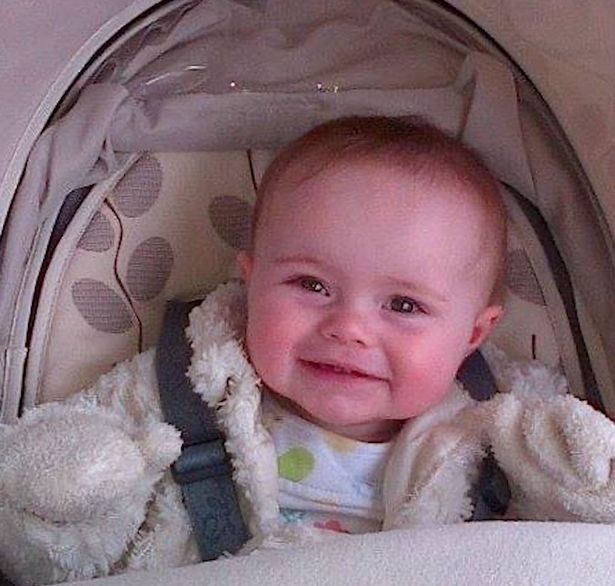 Renae as a baby(Image: NHS Greater Manchester)
Renae as a baby(Image: NHS Greater Manchester)
Renae started having seizures every week and doctors could not find out why, until an MRI scan revealed brain swelling.
Renae’s two-month-long battle began, and her mum watched as she lost the little daughter she knew.
“Renae had been really good at writing, but her writing had changed. She became sleepy and snappy. She kept saying her head was hurting,” said Rebecca.
“When she was in hospital, she was finding it hard to open her eyes, at one point she couldn’t eat. It progressed quickly.
“She wasn’t as independent as usual, getting dressed, going to the toilet.
“It was completely out of the blue. Even towards the end of Renae’s illness, I didn’t think it’d be fatal.
“I thought the doctors would get to the bottom of what was causing it in time, but that didn’t happen until she was in intensive care. She’d lost a lot of her brain activity by then.”
Just 10 days after Renae’s heartbreaking death, Rebecca gave birth to her fourth and youngest child.
“It happened earlier than planned because the baby was small and because of the stress,” said Rebecca.
“I don’t know how I coped, I just had to stay strong because Renae was being strong.
“I’m still confused, you wouldn’t think measles would do that years later.”
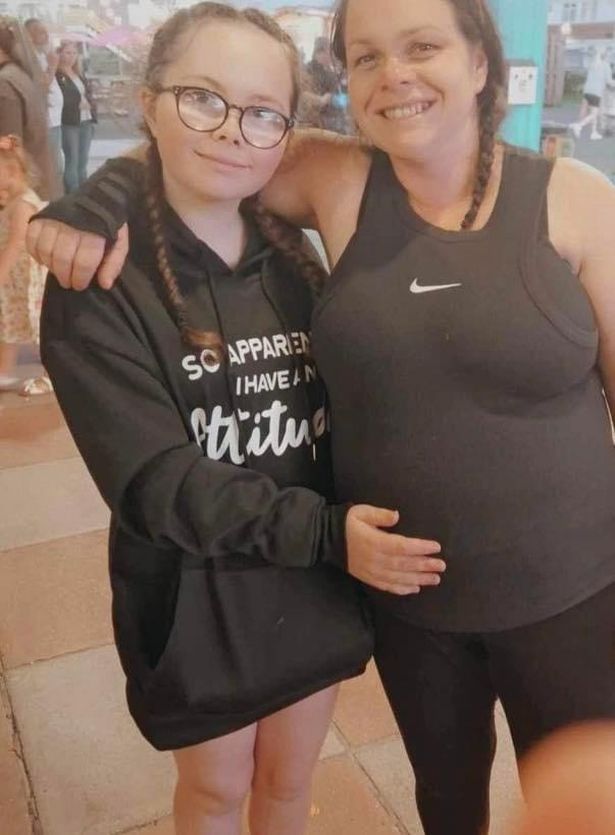 Renae and Rebecca(Image: NHS Greater Manchester)Toppling vaccination rates
Renae and Rebecca(Image: NHS Greater Manchester)Toppling vaccination rates
The uptake of vaccines had been falling long before the pandemic.
Last January, the government admitted that the warning signs of a meteoric rise in measles ‘could have been seen from space’.
An ‘entirely preventable illness’, but ‘there has been a gradual decline in [vaccination] coverage over 10 years’, said the then-parliamentary under-secretary of state for health and social care, Maria Caulfield.
The World Health Organisation (WHO) says getting 95% of children vaccinated is essential to achieving “herd immunity,” which stops illnesses from transmitting across the population.
The country did once have that title, but now, in Salford, just four in five children (81.0%) had received both doses of the MMR (measles, mumps and rubella) jab by their fifth birthday.
In other areas of the region, the rates are even lower, including Manchester (74.6%), Oldham (79.8%), and Rochdale (80.2%).
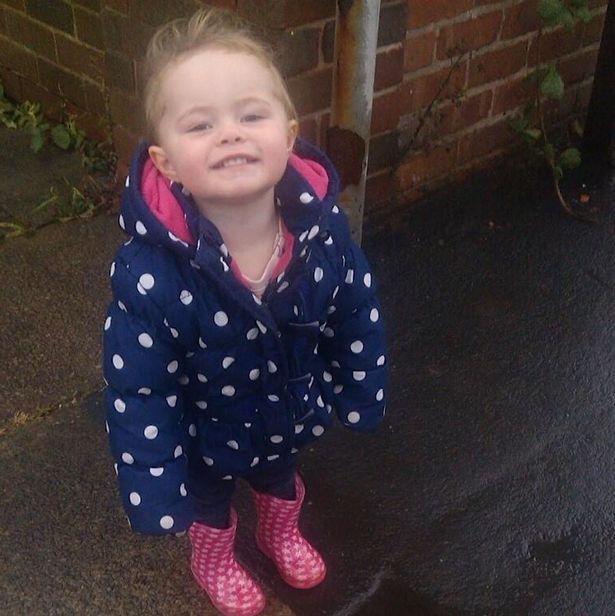 Renae was fine for 10 years before symptoms developed(Image: NHS Greater Manchester)
Renae was fine for 10 years before symptoms developed(Image: NHS Greater Manchester)
The Covid-19 pandemic wasn’t the first time people have rejected vaccines.
There was the impact in the early 2000s on the ‘Wakefield generation’ of children whose parents did not vaccinate them after false claims of a link between the MMR vaccine and autism by Dr Andrew Wakefield – which have been extensively investigated and proven to be fake.
The aftermath of the Wakefield scandal has now largely faded, but the challenge of families having a trusted medic in their lives remains, says Professor Turner.
“We have created an environment where it’s not so easy to do what parents know is the right thing to do,” he says.
“GPs and health visitors don’t really exist anymore in the same way it used to. That relationship with a trusted professional isn’t as strong or common as it used to be.
“For first-time parents, you get a new baby and you think ‘what am I going to do with this?’ If you don’t have this trusted professional, you might take the advice of the internet, of rumour and hearsay.
“That’s a considerable part of what’s happening at the moment.”
‘Open your eyes before it’s too late’
Some experts say that the success of the vaccine in removing the measles, and its terrifying results, out of society has bred complacency.
Professor Turner says that recent headlines are chipping that away: “Five years ago, complacency would have been a valid argument about lacking uptake of the jab.
“But there are recent cases which will have registered in just about every parents’ memory.”
Parents like Rebecca can attest to that.
“People need to open their eyes,” the Salford mum continued.
“There’s some children who, for medical reasons, can’t be vaccinated – they’re the most vulnerable because of the people who aren’t vaccinated but can be.
“If they get a vaccine, it can prevent the child who can’t have a vaccine from getting measles and it will save their life.
“It’s the same with Renae – if other children had been vaccinated, she might not have come into contact with measles when she was too young to have been protected herself.
“Or if she did come into contact with the measles eventually, it might have been later in life and she’d have had the vaccine by then.
“Renae still had all her vaccines when she was old enough, even after she’d already had measles, and all three of her siblings did too.
“You never think it can kill someone until it happens to you, you don’t open your eyes before it’s too late.”
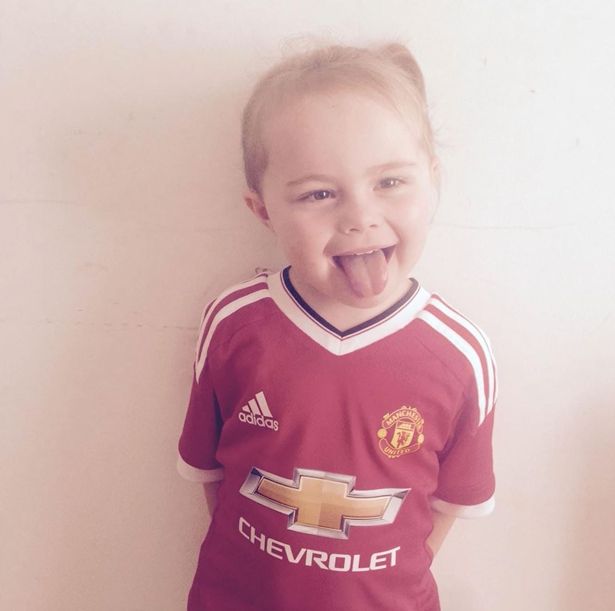 Renae ‘liked to make everyone laugh'(Image: NHS Greater Manchester)
Renae ‘liked to make everyone laugh'(Image: NHS Greater Manchester)
Join the Manchester Evening News WhatsApp group HERE
Rebecca plans to take her campaign of raising awareness of measles to the health secretary, to insist more is done to up the number of MMR jabs given out.
For Professor Taylor, addressing deprivation in places like Greater Manchester will help people put their health first.
“You could replace measles with dementia, heart attacks, asthma – it’s about inequality of health care. It starts with education, attitudes to health within individuals and communities, social norms.
“It’s also about having a trusted professional – whether that’s a GP or primary care presence in the community.
“Health visitors used to be the beating heart of care in the community. There has been a 40% reduction in the last eight years.
“We also need more of a paediatric presence in the community.”
He put out an urgent call: “If you are a parent, carer, grandparent of a child that’s eligible, make sure your child gets vaccinated.
“Some of these vaccines have been in use for the last 50 years – we know how safe the vaccines are. This vaccine has a proven track record, no side effects, but it saves your life.
“Mumps can affect male fertility, rubella in pregnant women can mean the death of the baby.
“It requires everybody to do this differently, it’s the fault of us all. But that means it’s within all of our gifts to fix.”
Act now
The UKHSA and the region’s NHS is urging parents to prioritise vaccine catch-up appointments during the school summer holidays, especially as Europe is reporting the highest number of measles cases in 25 years.
Last month, an NHS Greater Manchester spokesperson said: “The MMR vaccine is safe, effective and free on the NHS. Children need two doses – the first one is usually given at around 12 months and a second at around three years and four months.
“If your child has missed a dose, it’s never too late to catch up. Parents and carers should check their child’s Red Book or the NHS app to see if they’ve had both doses, if not, contact your GP. Vaccination not only protects your child but helps prevent outbreaks and keeps the whole community safe.
“We urge all parents in Salford and all areas of Greater Manchester to act now. High vaccine uptake doesn’t just protect your child, it protects our whole community, including the very young, pregnant women, and those with weakened immune systems.”
If your child develops symptoms a fever, cough, runny nose, red eyes, followed by a rash, the NHS says ‘please stay home and ring your GP or NHS 111’.
Avoid going to health centres unannounced to prevent further spread Measles | Greater Manchester Integrated Care Partnership
